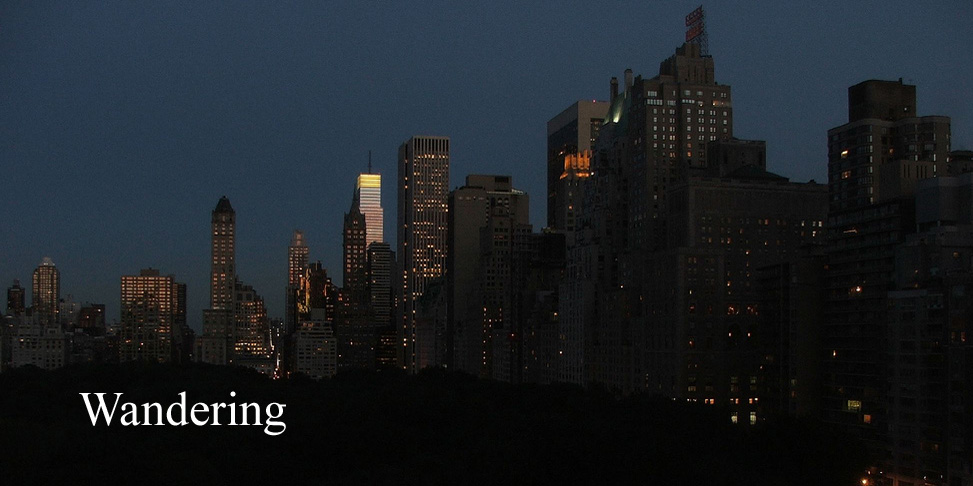Con Opera at the Sydney Conservatorium of Music provides a
chance to hear some infrequently performed operas and some excellent singing
from the students there. Last year I saw
Die Lustigen Weiber von Windsor by Otto Nicolai, whose overture at least is
well known, and the Les malheurs
d'Orphée of Darius Milhaud, an appealing
work in three very short acts, which is so obscure that the only recordings of
it are very difficult to obtain.
This year Con Opera is performing La Finta Giardiniera an early Mozart opera. It was written in 1774, when Mozart was 18
years of age, for performance in Munich.
Alfred Einstein wrote that it " was simply a local event in Munich
without consequences ". But Mozart was anxious to write operas; and it is delightful to catch his enthusiasm
in a letter written to his mother:
GOD be praised! My opera was given yesterday, the 13th, and
proved so successful that I cannot possibly describe all the tumult. In the
first place, the whole theatre was so crammed that many people were obliged to
go away. After each aria there was invariably a tremendous uproar and clapping
of hands, and cries of Viva Maestro! Her Serene Highness the Electress and the
Dowager (who were opposite me) also called out Bravo! When the opera was over,
during the interval when all is usually quiet till the ballet begins, the
applause and shouts of Bravo! were renewed; sometimes there was a lull, but
only to recommence afresh ...
The plot is not very convincing. Most critics blame the lack of interest in,and performances of, the opera on the feeble libretto. It is
also lengthy: an unedited performance would take almost three and a half
hours. Professor Imre Palló, the Musical Director of this production had
prepared a performance version of the opera which takes about two hours. He says that he "particularly worked on
the recitatives, compressing them as much as possible without losing the story
line". I think he was right to do
this. While it would be interesting to
hear all of Mozart's score, there isn't enough dramatic interest in the
libretto to sustain a long evening in the theatre. And I
imagine it would be difficult for the singers and musicians to prepare and
perform the piece in full. In fact, we
know from Mozart's letters that the first performance was postponed twice to
allow the singers time to learn their parts.
The music is well worth hearing for its own sake and for the
uncanny pre echoes of Mozart's better known and more popular operas. He
didn't conjure up Figaro and Don Giovanni from nothing - and while this might
make them less super human achievements in themselves, it's no less incredible that some of their
musical ideas were formed when Mozart was so young. The orchestration is wonderfully varied with
some arias including parts for individual woodwinds which weave in and out of
the accompaniment in a most effective way.
The members of the Conservatorium Chamber Orchestra played these with
great effect. The small size and
excellent acoustics of the Music Workshop enhanced the clarity of their
playing.
La Finta Giardiniera is described as an opera buffa, part of
an established comic tradition. However,
it seemed to me on listening to some of the arias that they derived from the
more formal tradition of the opera seria.
(This impression was confirmed by an article on the Mozart Project website.) The varied styles of the music gave the performance a somewhat muddled and episodic feeing. Though I can't be certain, the cuts in the performing version we heard
may have contributed to this as originally one aria may not have led on to the
next so abruptly.
It's also a reminder that while Handel's operas have enjoyed
a recent period of great popularity and operas by other eighteenth century
composers are regularly heard, there is a huge number of works leading up to
Mozart which are known only to musicologists.
So La Finta Giardineira may give an idea of how the early opera buffa
sounded, and can be heard as a precursor
to Mozart's mature Italian operas in more ways than one.
The jagged musical trajectory of this piece, jumping from
broad comedy to angst ridden monologues, must make it a nightmare for a
director. John Milson's production,
using a single set, is fluent and gives ample scope to the singers. Con Opera performs the work with alternate
casts. The singers I heard on 17
September were excellent.


No comments:
Post a Comment